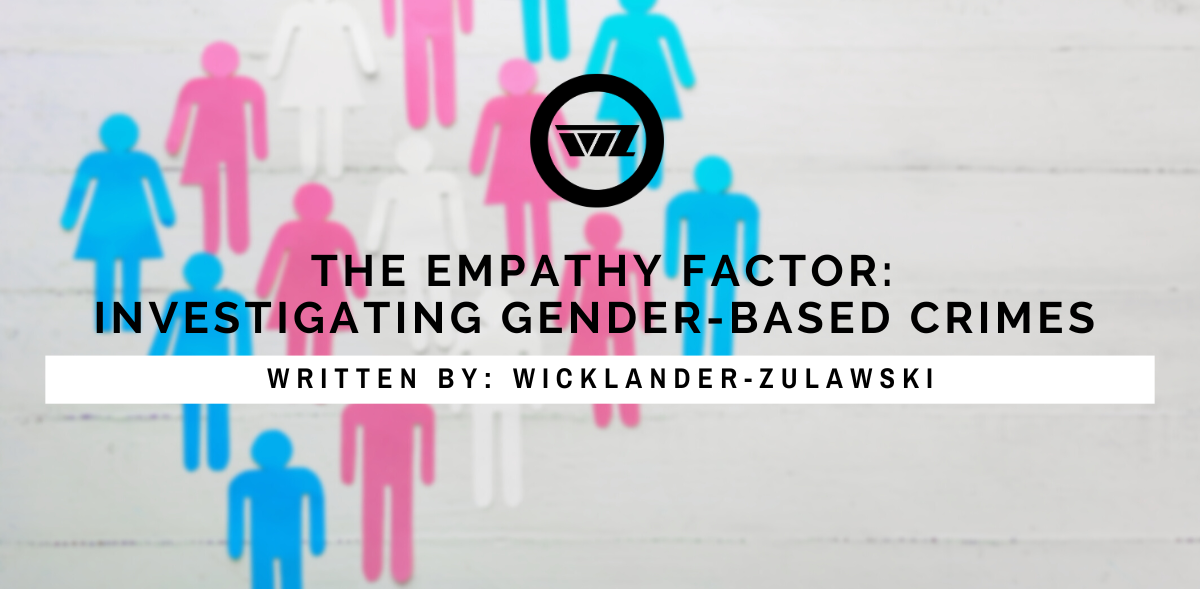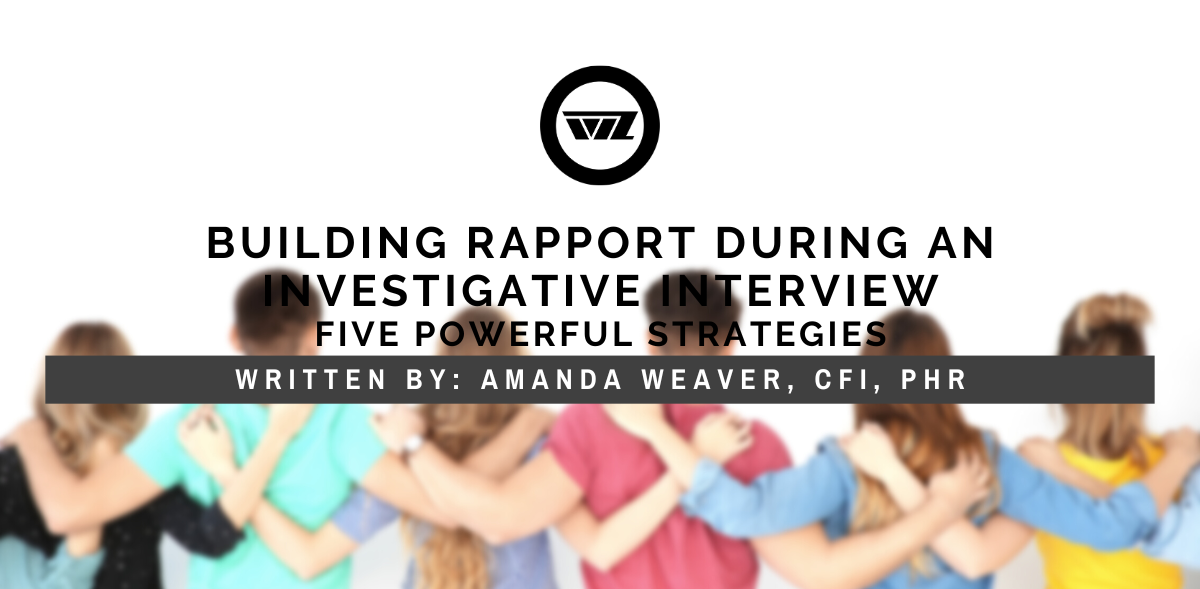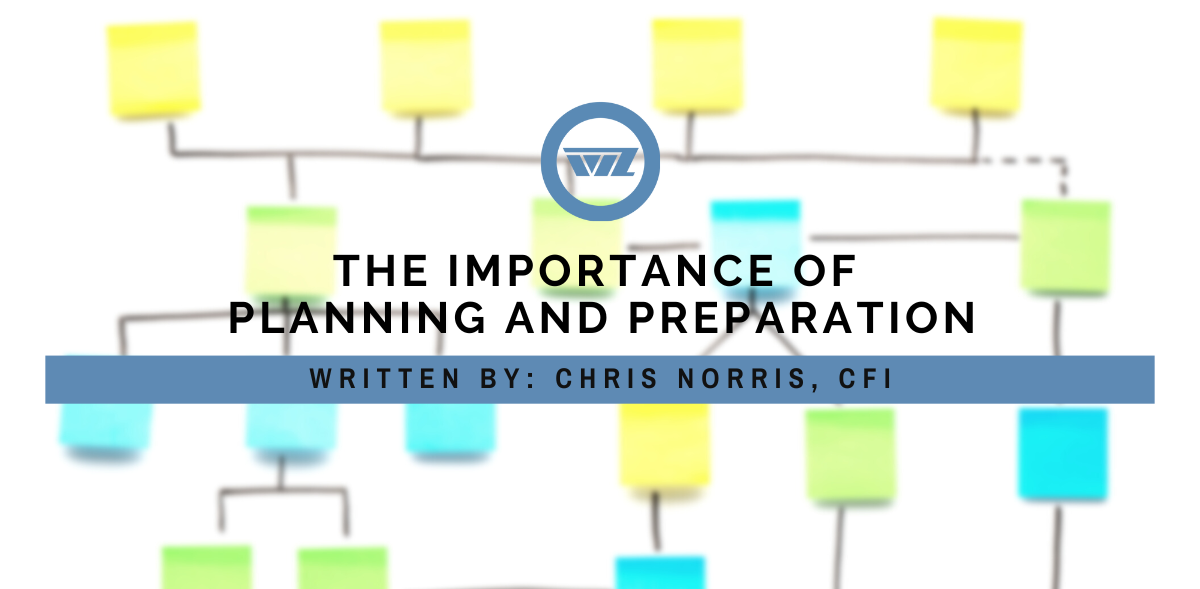One thing that I’ve always emphasized in the training sessions that I provide with Wicklander-Zulawski (WZ) on the WZ Non-Confrontational Method of Interviewing, is the ability to utilize the WZ techniques and theories in every day communication. The theories weren’t developed to only be utilized during the formal, structured investigative interviews you may be conducting in the workplace. Instead, the theories are about encouraging, and more frequently obtaining, honesty in the many conversations you have.
Having a better understanding of the meaning behind the things people say, knowing how to impact and influence people’s decision making, and asking better questions to elicit discernable information from someone you are talking to is valuable in every conversation. I think about the many talks with my daughter, communicating to friends and coworkers, even meetings with clients. All of it is important. Even with clear strategies and theories, there are still some gaps in communication. Sometimes that gap is related to the generational gap.
Adapting the approach
Effective communication requires a certain adaptability for both parties. That is particularly true for the interviewer during formal sit-downs conducted in the workplace. Adapting to the environment, the type of offense and, more importantly, the subject of the investigation is paramount to the success of any interviewer. But how do you adapt to the difference in age between the two of you? How do you effectively communicate with the millennial when you aren’t one yourself?
Over the last few years, you may have noticed a change in your workforce and in the types of conversations required to address productivity and integrity issues in the workplace. In that time, millennials have become the largest generation in the U.S. workforce – and most other countries around the world. Millennials exhibit different attitudes toward employment and authority, which is challenging many conventional strategies and approaches to the workplace and managing the workforce. But are millennials really different?
Understanding the younger employee
To better understand that, we need to understand who millennials are. There are different definitions and research out there on Generation Y, but primarily millennials were born between 1977 and 1995 approximately and range in age from low 20’s to upper 30’s. They tend to be broken into two sub-groups; one reaching traditional markers of adulthood and another not creating real-world traction. They are the most diverse generation and possess more college degrees, and subsequently more debt, than any previous generation.
They are technologically savvy, communicating through social media and quite possibly the most consistent – is this the right word? generation due to the ease of accessing information through inexpensive mobile technology. They tend to be visual learners and communicators and prefer text, email or phone calls over face-to-face or in-person interactions. Yes, they might be a little different, but not as different as the stereotype might suggest.
Bridging the gap
There is plenty of research and information on Gen Y and millennials. Understanding more about the person you are engaging into a dialogue helps you to adapt your approach, so let’s talk about how the research translates to the interview room and helps bridge the generational gap.
- Keep the conversation brief
Remember, many millennials are experts at saying something in 140 characters or less. They tend to be more concise in their communication and would react better to a brief, meaningful message
- Reflect honesty
Most millennials appreciate direct, truthful interaction and communication. Sugar coating or adding fluff to situations and conversations may create a distrust between you and your subject
- Detail has impact
Concise does not mean skip the details. Millennials prefer detailed plans and instruction. Communicate in a way that places emphasis on details and pertinent information rather than superfluous data that causes your subject to disengage.
- Collaboration is important
Millennials want to be heard. They have grown up with unprecedented access to information and are used to sharing. They want to be a part of the decision making process, even when addressing integrity issues in the workplace.
- Support and emphasis fairness
Most millennials support equality of all kinds and possess a genuine concern for equal rights. Present your concern and need for correction in a way that does not project bias or prejudice in any way.
- Credibility will go a long way
Millennials possess a great deal of confidence and are often eager to embrace change. Credibility on the interviewer’s part reflects similar confidence and current situational awareness. Millennials want to feel as though they are talking to the decision maker; create the setting for them.
- Create an optimistic view
Millennials often prefer optimism over negative outlooks. Focus your message on positive outcomes and growth, rather than punishment and perceived consequences. Positivity will invite a more genuine and honest response from your subject.
- Use anecdotal stories for emphasis
Millennials crave stories and personal anecdotes in communication. A YouTube generation thrives on social media and entertainment; a well told story can captivate your subject and get their full attention.
- Pay attention to your vernacular
Millennials have their own way of communicating and jargon. Calling a millennial ‘partner’ may have a negative impact, as older slang terms are not a part of their daily lexicon. Learning the millennial language, which consists largely or abbreviations, will have a stronger impact.
Conclusion
The key tenants of the non-confrontational approach address the communication differences that bridge the generational gap with millennials. The WZ Method allows you to quickly build credibility in an honest, concise way. You show understanding by sharing stories, often anecdotal stories of good people making bad decisions. You adjust your vernacular and put emphasis on resolving the issues rather than consequences, all while creating collaboration between you and the subject that helps the company come to a fair decision on how to resolve the issue. Believe it or not, you just had a meaningful interaction with a millennial!
In short, like any conversation you have in the workplace you need to know a bit about the person with whom you are going to engage in a dialogue. Knowing a bit about the millennial generation can help you adapt the WZ Method to have the greatest impact on perhaps the largest employee group in your workplace.
Chris has over 30 years of experience in loss prevention and investigative fields, including living and working in the UK for nearly two years. He has trained thousands of human resource, audit, loss prevention, security, and law enforcement professionals on the art of interview and interrogation and has conducted numerous investigations for both private companies and public agencies.




